Archaeobotanical Analysis in Practice Intensive Short Course
Practical Short Course & MA/MSc half-unit option
Taught by Dorian Q Fuller
Course dates: 12-16 February 2024 and 4-8 November 2024
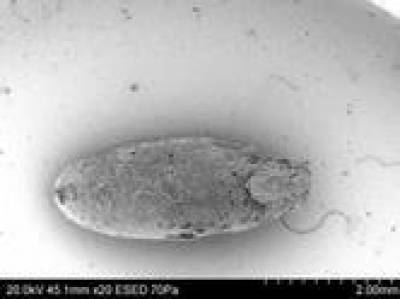
This short course is an intensive, hands-on laboratory practical on the identification, quantification and reporting of archaeobotanical macro-remains, with a primary emphasis on seeds from the Old World (Eurasia and Africa). It is open to visiting students as a Continuing Education course (for a fee of £600 to the Institute of Archaeology, which covers the basic MSc C.E. course fee plus copying of hand-outs and additional lab costs); for enrolled UCL students this is a standard half-unit MA/MSc option (ARCL0096). Places on the course may be limited by lab-space and microscope facilities. Enquiries and intention to attend the course, should be directed to Dorian Fuller.
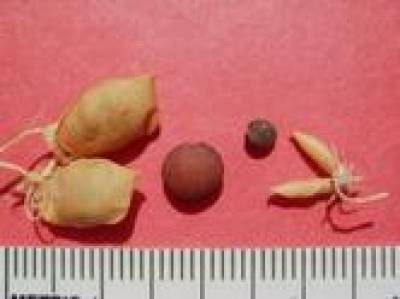
Particular emphasis will be laid on major economic species that have been reported archaeologically, including identification of grains and chaff of wheats, barley, rice and millets, and examination domestication traits. It is taught through a mixture of lecture, laid-out quizzes and discussion at the microscope. In addition there will be open "surgery" sessions in which to address particular identification issues raised by students; students are encouraged to bring seed material for identification from their own assemblages (although unsorted bulk samples should not be brought!).
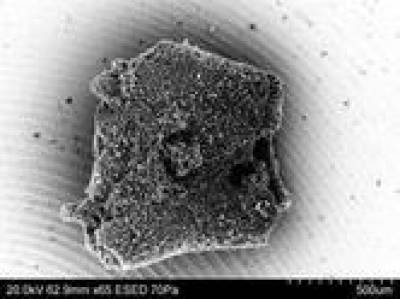
Teaching material is drawn from the Institute of Archaeology's extensive reference collections, as well as archaeological samples from sites in Europe, the Near East, sub-Saharan Africa, India and China from a range of periods (from the Neolithic to the Medieval), so as to provide students with a broad exposure to the range of variation in archaeological material and states of preservation. The emphasis will be on carbonized material with some examination of desiccated remains. Working with plant imprints in pottery will also be introduced.
Extensive handouts will be provided, amounting to a full textbook Seeds for the Archaeologist (not yet published). Additional reference books are available in the laboratory. Use of the Institute of Archaeology Library requires an additional fee, arranged with UCL Library Services.
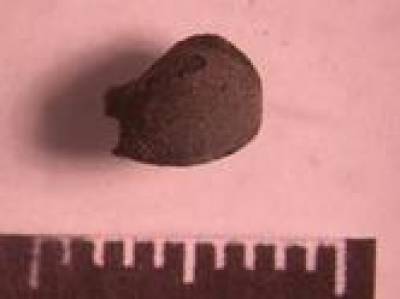
The course will situate identification within the framework of potential archaeological research questions, including the identification of cultivation, domestication and the diagnosis of crop-processing patterns in assemblages. Other macro-remains datasets, such as parenchyma tissues from tubers, will be briefly introduced only. Most sessions will be organized around economic plant categories (e.g. big cereals, millets, pulses, oil seeds, cucurbits, nuts, and selected tree and vine fruits) or systematic groupings (focusing on key families and orders, such as those that recur as arable weeds in the Old World), but other sessions will focus on domestication and crop-processing.
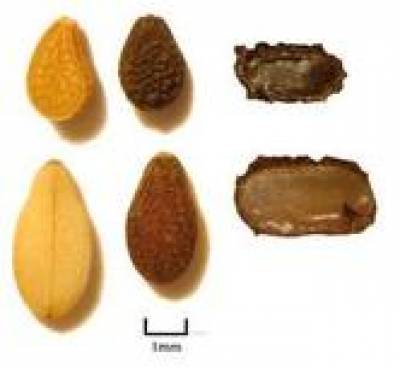
Learning will be reinforced by daily review quizzes on material examined on previous days. Depending on the session there may be additional guest instruction from the Institute's affiliated post-doctoral and honorary researchers in archaeobotany. The Institute's Archaeobotany laboratory was established in 1963 with the appointment of Geoffrey Dimbleby as Professor of Human Environment, and there has been a continuous tradition of research in archaeobotany ever since. This course counts as a practical option for the MSc Environmental Archaeology degree. For students taking the course for UCL credit and assessment (as half-unit course ARCL0096), written work (an essay) will be assigned with a due date near the end of session (usually) in May, and a practical identification examination to be scheduled before the end of the academic session. These students will also be required to keep a laboratory notebook of sketches. Please contact the course coordinator near the start of Term I if you intend to take this course for credit.
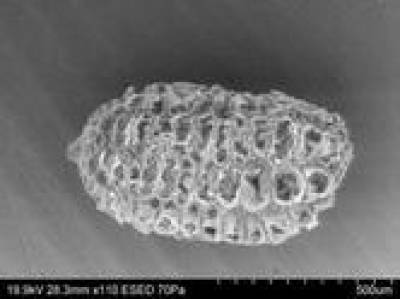
Course Schedule
The course will run from 9:30am-5:30pm Monday to Friday (with a coffee break, lunch break and tea break). Each day will consist of a mixture of lecture, discussion and most of all hands-on time at the microscope with seeds (both modern and ancient).
 Close
Close

